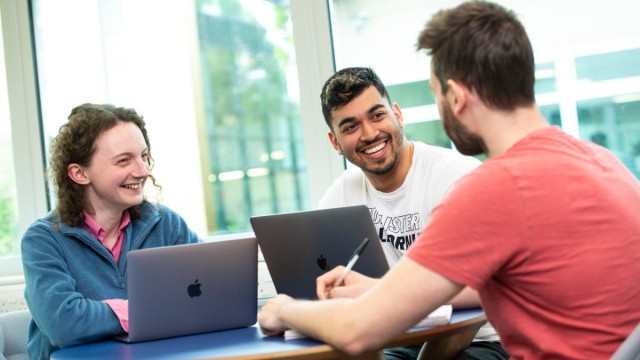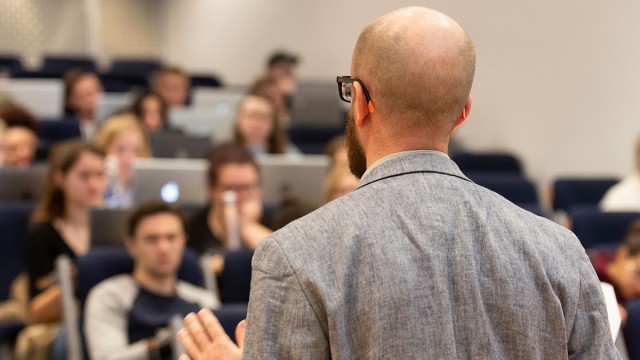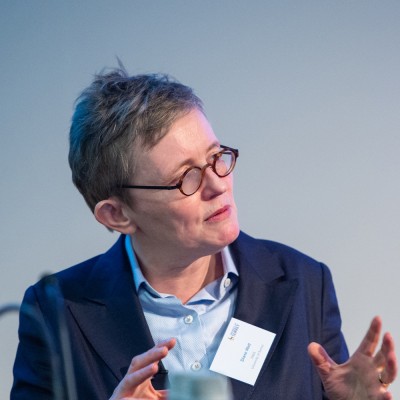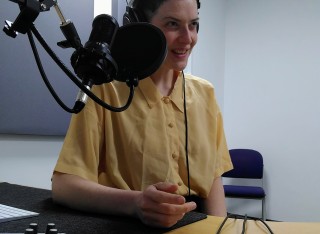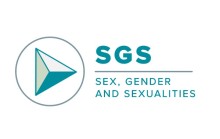
SGS: Sex, Gender and Sexualities Research Centre
We are a diverse group of scholars in the humanities and social sciences. Our aim is to promote multi- and inter-disciplinary scholarship, knowledge exchange and public engagement around issues of sex, gender and sexualities through projects, performances and activism.
Who we are
Professor Diane Watt
Co-Director
I am Professor of English Literature, Associate Head of School, Research and Innovation, and Co-Director of SGS (the Sex, Gender and Sexualities Research Centre). My main research and teaching interests are in the areas of medieval literature, women's writing, gender and sexuality and creative nonfiction. I recently co-edited with Corinne Saunders Women and Medie...
Dr Fabio Fasoli
Co-Director
I received my PhD in 2011 from the University of Trento (Italy). After that, I held postdoctoral fellowships at CITEC/University of Bielefeld, the University of Padua, ISCTE-IUL, and the University of Milano-Bicocca. In October 2016, I joined the University of Surrey as a Marie Sklodowska-Curie Fellow and have been here ever since. I am the Programme Leader for the Social Psycho...
Dr Katherine Hubbard
Co-Director
Dr Hubbard is a Senior Lecturer in the Sociology Department having previously worked in the School of Psychology. Her research and teaching are inter-disciplinary, including sociological, psychological and historical components. At present, she teaches key modules such as De/Constructing Gender and is centrally focused on research areas pertaining the history of Psychology and g...

